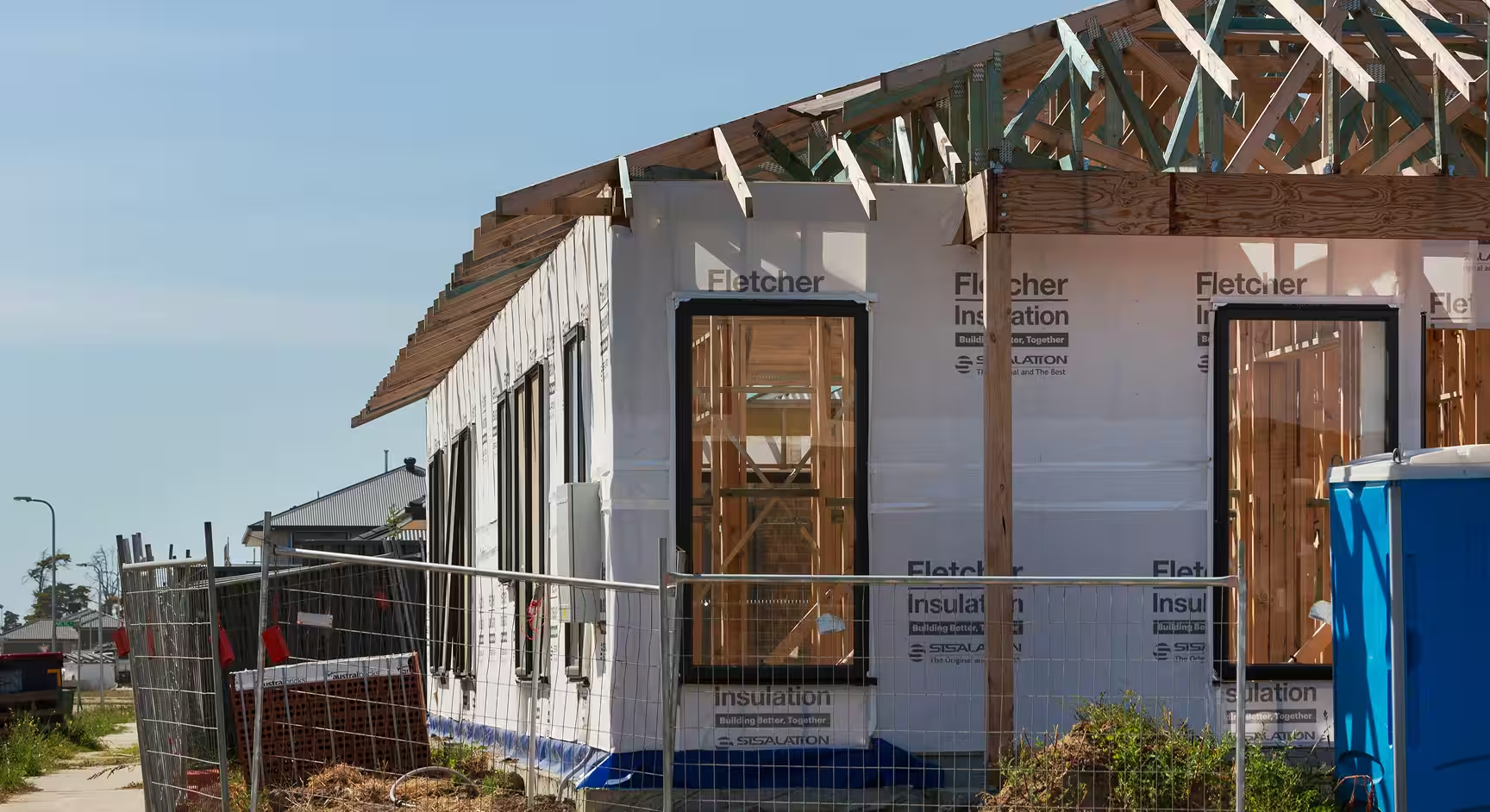
What’s the Difference Between a General Contractor and a Regular Contractor — and When Do You Really Need One?
Construction can feel like a complex process: architects, supervisors, contractors, designers — each has their role. But when it comes to full-scale construction or a major turnkey renovation, the key figure is the general contractor. In cities like San Diego and surrounding areas, where large projects with multiple subcontractors are common, this role becomes even more important. So who exactly is a general contractor, how do they differ from regular contractors — and when is their involvement truly essential?
Who a General Contractor Is and What They Do
A general contractor is a licensed professional or company fully responsible for organizing and executing the entire project — from the initial meeting to final completion. They’re not just the “main contractor,” but the manager of the entire process.
They coordinate the work of all subcontractors (electricians, plumbers, framers, painters, etc.), monitor the timeline and budget, and maintain communication with the client throughout the project.
Their key responsibilities include:
- Creating a detailed project schedule
- Hiring and supervising subcontractors
- Overseeing daily on-site progress
- Communicating with the client
How a General Contractor Differs from a Regular Contractor
A regular contractor is hired to perform a specific type of work — for example, roofing, concrete, or painting. They are not responsible for managing other trades or coordinating the overall project.
A general contractor, on the other hand, oversees the full picture — making sure each subcontractor shows up on time, follows the plan, and meets quality standards. If a regular contractor handles their assigned task, a general contractor ensures the entire team works in sync.
When a General Contractor Becomes Essential
Hiring a general contractor is critical when a project involves multiple trades or demands close oversight of deadlines, budget, and quality. This is especially true for:
- New construction from the ground up
- Structural remodels or major redesigns
- Commercial spaces with strict coordination needs
- Insurance-funded or investor-backed projects
- Clients who lack time or experience to manage everything themselves
Without a general contractor, you face higher risks of delays, miscommunication, budget overruns, and stress.
If you're building a home, remodeling a space, or tackling a commercial development — you don’t just need someone to “get the job done.” You need someone who can oversee the process, take responsibility, and deliver results. A general contractor isn’t an added cost — it’s an investment in peace of mind, order, and quality.

